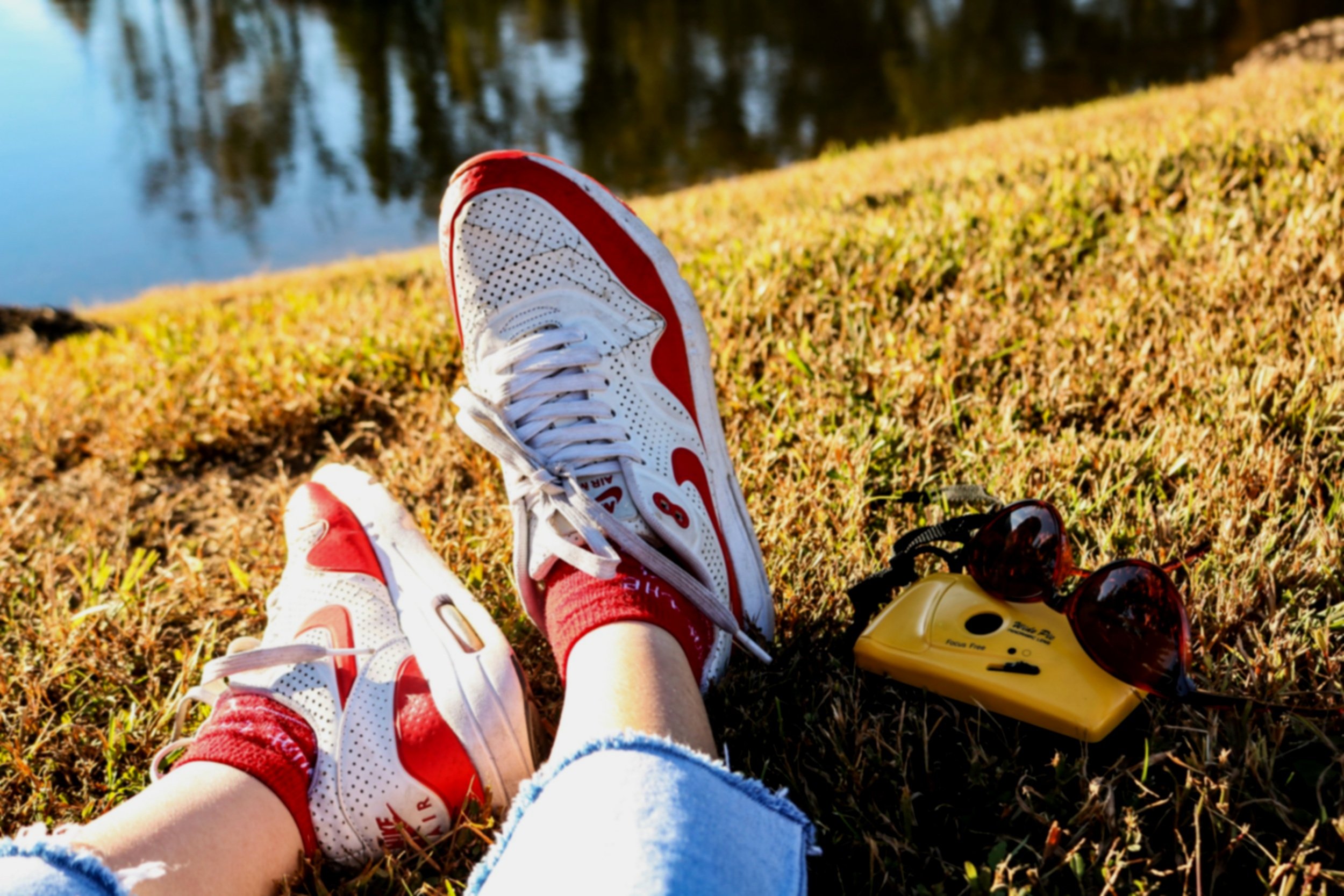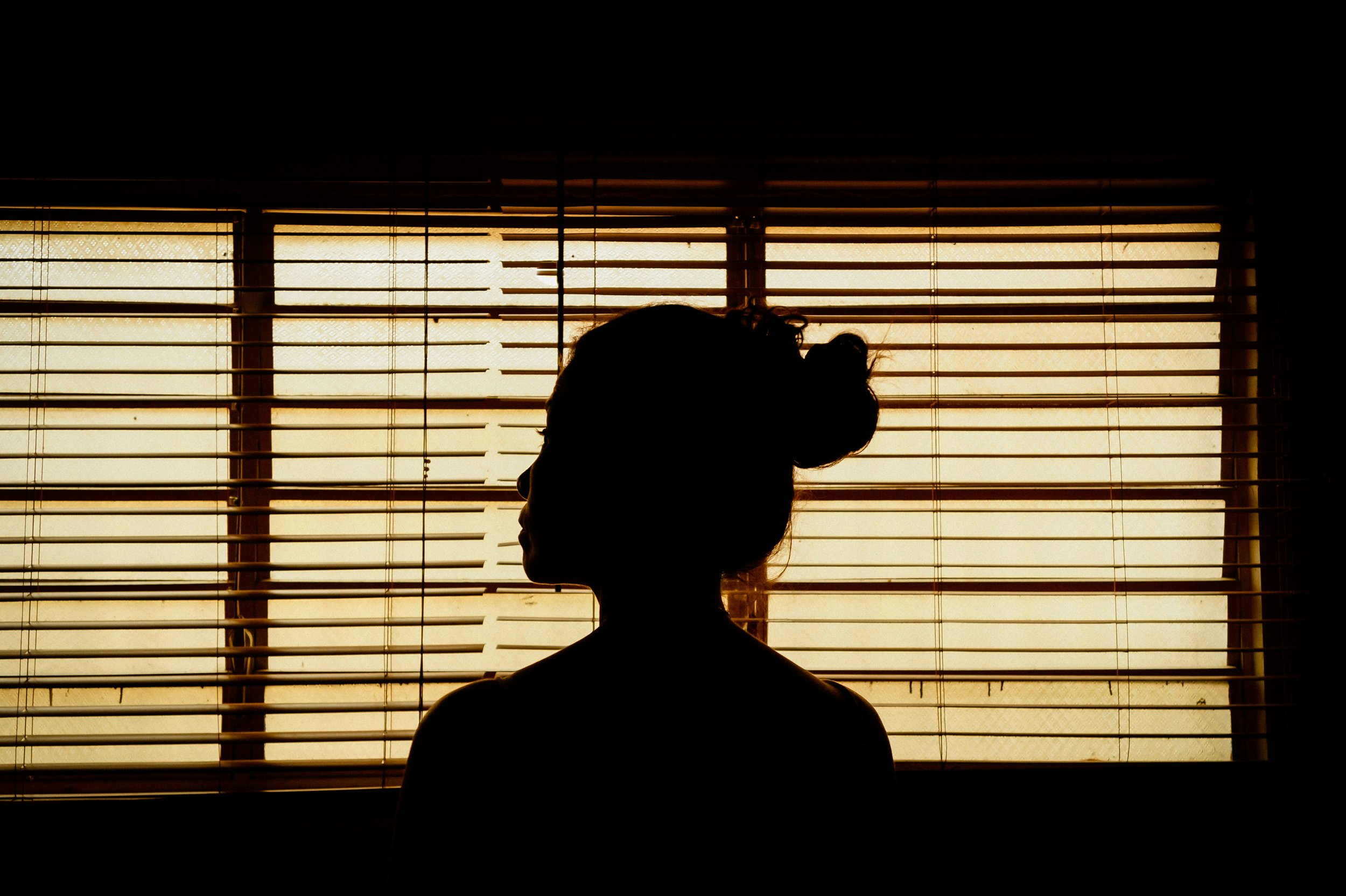Rest is Productive: Rewriting Your Relationship with Hustle Culture
Hustle culture muscled its way to the forefront of society and conditions us to wear exhaustion like a badge of honor. If you aren’t working, you feel like you are falling behind. Slowing down feels like a threat—like you’d somehow lose everything you’d worked for if you took your foot off the gas.
You’re taught that your worth is measured by your output. That rest is a reward, not a necessity. That if you’re not grinding, you’re not growing.
But let me ask you: how’s that working for you?
Because if you’re anything like me and most people I know, the endless cycle of doing more, pushing harder, and proving yourself leaves you feeling…empty. Burnt out. Resentful, even. And here’s the kicker—science backs up what your body’s been trying to tell you all along: rest is productive.
The Science of Rest and Productivity
Burnout isn’t just about being tired—it’s a physiological and psychological collapse that impacts your ability to think, regulate emotions, and can even tank your immune system. Studies show that chronic stress shrinks the prefrontal cortex (hello, brain fog) and over-activates the amygdala (aka, your inner alarm system), making it harder to make sound decisions and manage emotions.
And yet, rest—real, intentional rest—actually replenishes the brain. It improves memory, enhances creativity, and allows your nervous system to regulate and respond in the way it’s intended to. In fact, researchers have found that strategic rest increases productivity more than working longer hours.
So, why do we resist it?
Unlearning the Guilt Around Rest
If you’ve spent years internalizing the belief that you have to “earn” your rest, it’s no surprise that stopping feels uncomfortable. Guilt creeps in. That little voice whispers, “You should be doing something.”
But here’s the truth: Rest is not the opposite of productivity, It’s part of it
When you step away from the work, your brain doesn’t power down—it shifts into what neuroscientists call the “default mode network,” which is responsible for problem-solving, creativity, and self-reflection. This means that some of your biggest breakthroughs happen when you’re resting.
Think about it—how many times have you had an “aha!” moment in the shower or on a walk?
This is why preventing burnout starts with redefining rest as a tool, not a weakness
Achieving Goals without Burnout
Hustle culture thrives on the illusion that if you just do more, you’ll make more and finally feel like enough. But here’s the truth: No amount of overworking will ever make you feel worthy if you don’t already believe that you are.
Success isn’t about constant movement—it’s about intentional movement. Sustainable ambition means knowing when to push forward and when to pause.
So let’s rewrite the narrative. Instead of:
“I’ll rest when I’ve earned it.” → Try: “Rest is a necessary part of my success.”
“If I slow down, I’ll fall behind.” → Try: “Rest makes me sharper and more creative.”
“I don’t have time to rest.” → Try: “Rest helps me use my time more effectively.”
Your Permission Slip to Rest: Recover from Burnout & Stay Ambitious
If you need a permission slip to rest, here it is: You’re allowed to slow down. You’re allowed to prioritize yourself without guilt. Your ambition doesn’t have to come at the cost of your well-being. And if you need support in navigating burnout recovery and sustainable ambition, I’m here to help.
For now, here are some helpful ways to reset:
Practice micro-breaks. Even a 5-minute pause helps your nervous system regulate.
Prioritize sleep. Sleep isn’t lost time, it's brain fuel.
Redefine success. Sustainable ambition means valuing consistency over intensity.
If you’re looking for deeper support, check out my therapy for burnout services to see how we can work together.
Now, go take a break—you deserve it!

